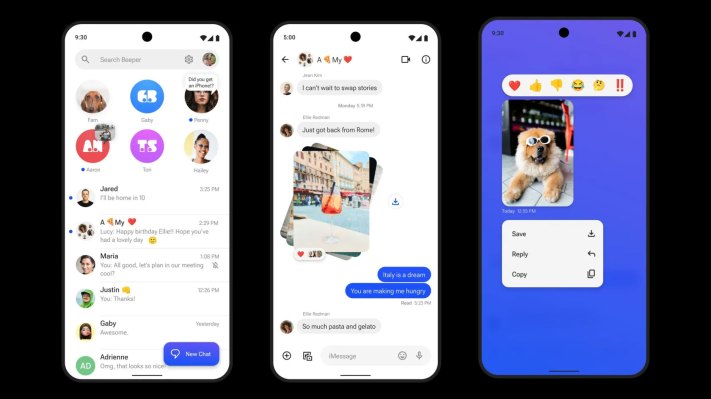
FCC Commissioner Brendan Carr said Monday that the agency should investigate Apple over the company’s decision to block the Beeper Mini service, which worked on bringing iMessage to Android.
Pebble founder Eric Migicovsky’s Beeper launched a new service called Beeper Mini in December, which claimed to have reverse-engineered the iMessage stack to make it work on Android. The next few days were like a cat-and-mouse game where Apple blocked Beeper Mini repeatedly and the latter tried to find a fix. Later in the month, Beeper gave up its attempts to make iMessage work on Android through Beeper Mini calling the efforts “unsustainable.”
Carr talked about looking at this saga with FCC’s Part 14 rules in mind. These rules outline that “advanced communications service” should be “accessible to and usable by individuals with disabilities.”
“Apple’s wider set of exclusionary practices warrant scrutiny by antitrust and competition agencies, but the FCC should also examine this particular incident through the lens of our Part 14 rules on accessibility, usability, and compatibility,” he said.
Carr said that Beeper Mini promoted some of those principles like accessibility and usability for people with disabilities.
He called out Apple saying that providers “shall not install network features, functions, or capabilities that impede accessibility or usability.”
FCC didn’t immediately comment on plans to investigate the issue.
Apple’s decision seems to have caught regulators’ eyes. In December a a bipartisan group of U.S. lawmakers requested the U.S. Department of Justice to investigate Apple’s “potential anticompetitive treatment” of Beeper, saying that “interoperability and interconnections have long been key drivers of competition and consumer choice in communications services.” Separately, Senator Elizabeth Warren had also criticized Apple’s move at that time.


























































